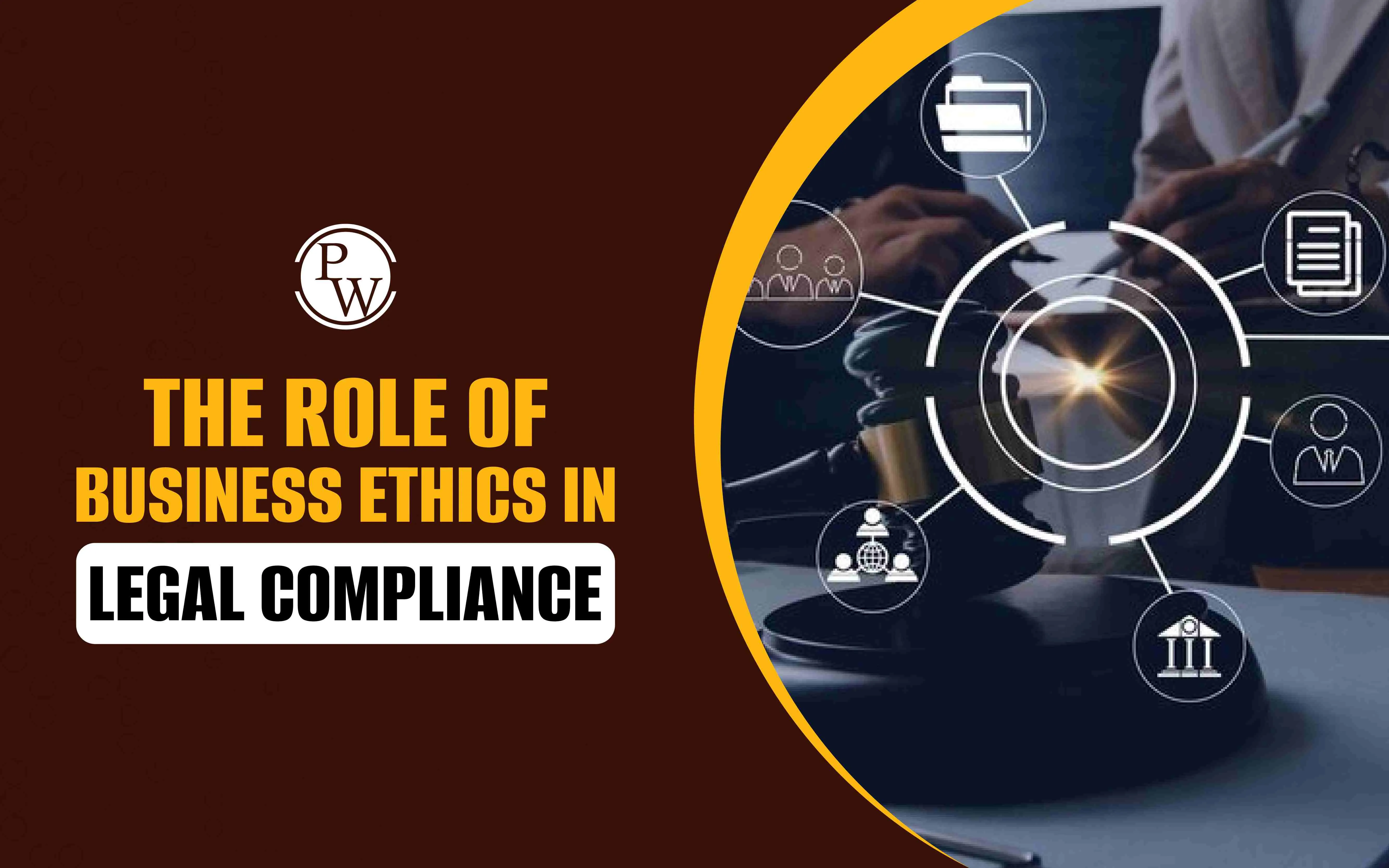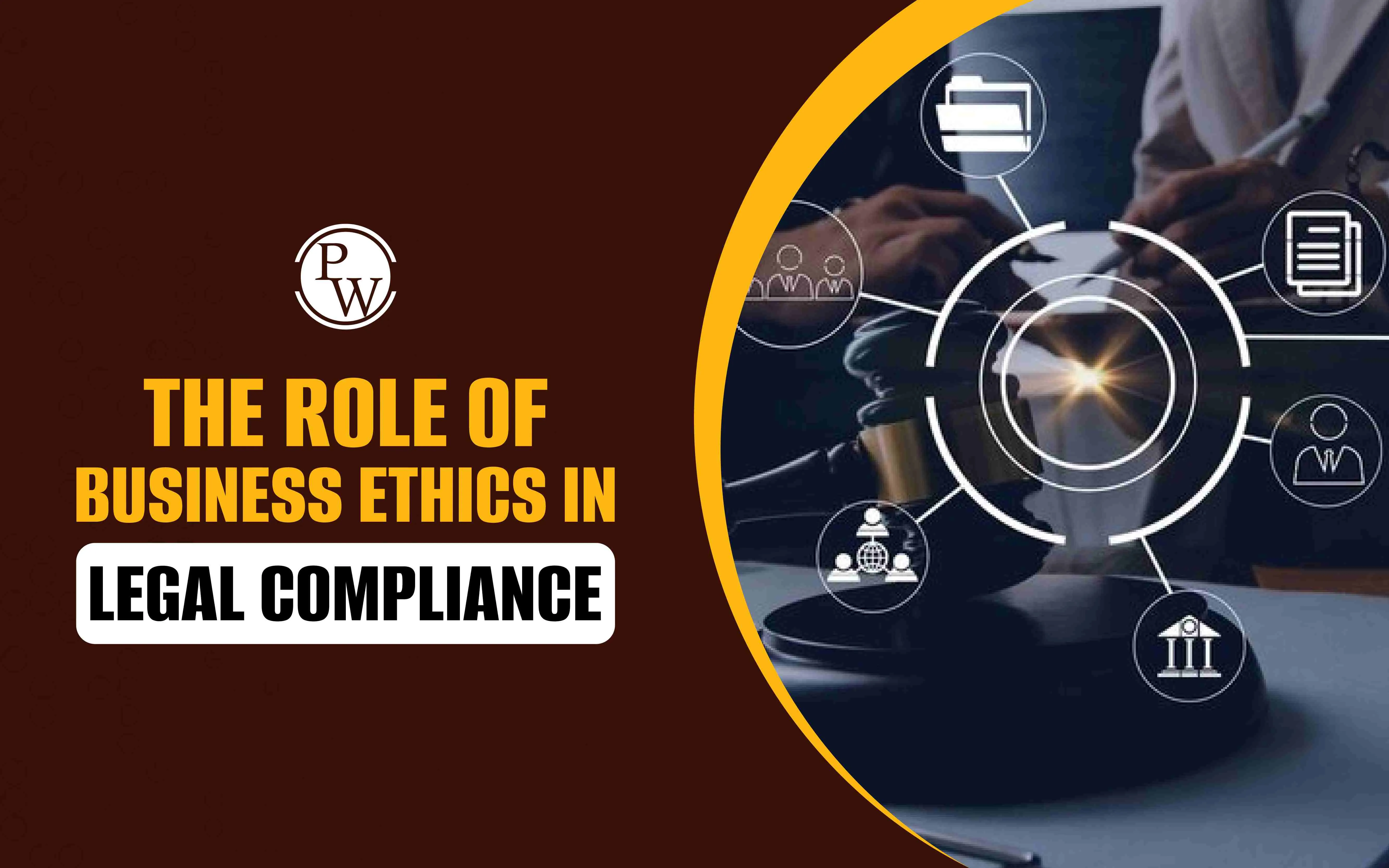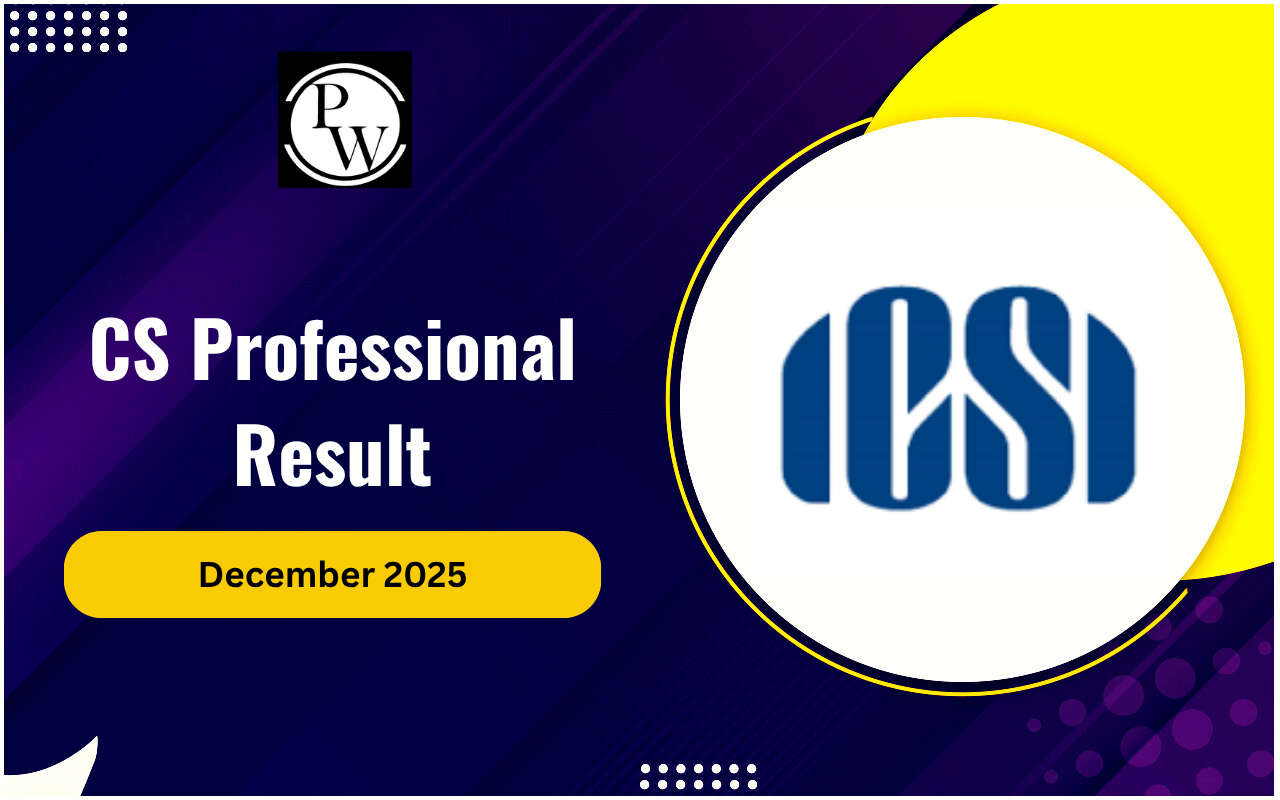

Role of Business Ethics in Legal Compliance: In the current corporate environment, adhering to laws is only part of the responsibility businesses carry. Beyond legal mandates, there is a growing emphasis on maintaining ethical standards that reflect transparency, fairness, and accountability. The Role of Business Ethics in Legal Compliance lies in shaping a culture where integrity is central to every decision and action. When ethics and compliance work together, companies are better positioned to earn trust, avoid regulatory issues, and contribute positively to the business ecosystem. This article discusses how ethical values support legal compliance and why this connection is essential for sustainable business operations.
Understanding Business Ethics and Legal Compliance
Business ethics refers to the moral principles that guide decision-making within an organization. Legal compliance, on the other hand, involves adhering to laws and regulations set by governing bodies. While compliance ensures that a company operates within legal boundaries, ethics go beyond mere legality they shape corporate culture and stakeholder trust.
The Role of Business Ethics in Legal Compliance is to bridge the gap between what is legally required and what is morally right. A company may comply with laws but still engage in unethical practices, leading to reputational damage. Conversely, an ethically driven organization not only meets legal standards but also fosters transparency and accountability.
Why Business Ethics Are Essential for Legal Compliance?
Ethics provide the groundwork for responsible conduct, helping companies avoid issues before they escalate into legal violations. Here are some ways ethical behavior supports compliance.
1. Preventing Legal Violations
The Role of Business Ethics in Legal Compliance is evident in how ethical frameworks help companies avoid legal pitfalls. Unethical behavior, such as fraud, bribery, or data manipulation, often leads to regulatory violations. By embedding ethical values into corporate policies, businesses can proactively prevent misconduct.
2. Enhancing Corporate Governance
Strong corporate governance relies on ethical leadership. The Role of Business Ethics in Legal Compliance ensures that board members, executives, and employees act responsibly. Ethical governance reduces conflicts of interest, promotes fairness, and aligns business operations with legal mandates.
3. Building Stakeholder Trust
Customers, investors, and employees prefer businesses that prioritize ethics. The Role of Business Ethics in Legal Compliance strengthens stakeholder confidence, as ethical companies are perceived as reliable and law-abiding. Trust leads to customer loyalty, investor interest, and employee retention.
4. Mitigating Financial and Legal Risks
Non-compliance can result in hefty fines, lawsuits, and reputational harm. The Role of Business Ethics in Legal Compliance minimizes these risks by encouraging a culture of integrity. Ethical businesses conduct regular compliance audits, implement whistleblower protections, and train employees on legal obligations.
5. Supporting Sustainable Business Growth
Companies that integrate ethics into compliance strategies achieve long-term success. The Role of Business Ethics in Legal Compliance ensures sustainable growth by fostering a positive corporate image, reducing legal disputes, and improving operational efficiency.
How Company Secretaries (CS) Can Strengthen Ethical Compliance
As guardians of corporate governance, CS plays an important role in aligning ethics with legal compliance. Here’s how they contribute:
1. Developing Ethical Policies
CS professionals must draft and enforce ethical codes of conduct that align with legal standards. These policies should address anti-corruption, data privacy, and fair competition.
2. Conducting Compliance Training
Regular training sessions on the Role of Business Ethics in Legal Compliance help employees understand their responsibilities. CS teams should organize workshops on anti-bribery laws, workplace ethics, and regulatory updates.
3. Implementing Whistleblower Mechanisms
Encouraging employees to report unethical behavior without fear of retaliation is crucial. CS professionals should establish secure reporting channels and ensure investigations are impartial.
4. Monitoring Regulatory Changes
Laws evolve, and businesses must adapt. CS teams must stay updated on legal developments and adjust compliance programs accordingly.
5. Promoting a Culture of Integrity
The Role of Business Ethics in Legal Compliance is most effective when leadership demonstrates ethical behavior. CS professionals should advocate for transparency, accountability, and ethical decision-making at all levels.
Case Studies The Impact of Business Ethics on Compliance
Real-world examples show how ethics or the lack of it can impact a company’s legal standing and public image. These cases highlight the importance of ethical conduct in supporting compliance.
Example 1: Enron Scandal
Enron’s downfall resulted from unethical financial practices despite initial legal compliance. The scandal underscores the Role of Business Ethics in Legal Compliance—without ethics, even legally compliant companies can collapse.
Example 2: Patagonia’s Ethical Commitment
Patagonia’s dedication to environmental ethics strengthens its legal compliance with sustainability laws. The company’s ethical stance enhances brand loyalty and regulatory adherence.
The Future of Ethical Compliance
The Role of Business Ethics in Legal Compliance cannot be overstated. As regulations tighten and stakeholder expectations rise, companies must prioritize ethics alongside legal adherence. Corporate Secretaries (CS) must champion ethical governance to ensure long-term success.
By embedding ethical principles into compliance strategies, businesses can avoid legal pitfalls, build trust, and achieve sustainable growth. The Role of Business Ethics in Legal Compliance is not just a regulatory requirement—it’s a competitive advantage.
Join PW CS Online Courses and build a strong foundation in corporate laws and governance with structured learning and dedicated support.
Role of Business Ethics in Legal Compliance FAQs
What is the difference between legal compliance and business ethics?
Why should companies focus on both ethics and compliance?
How can small businesses implement ethical compliance practices?













